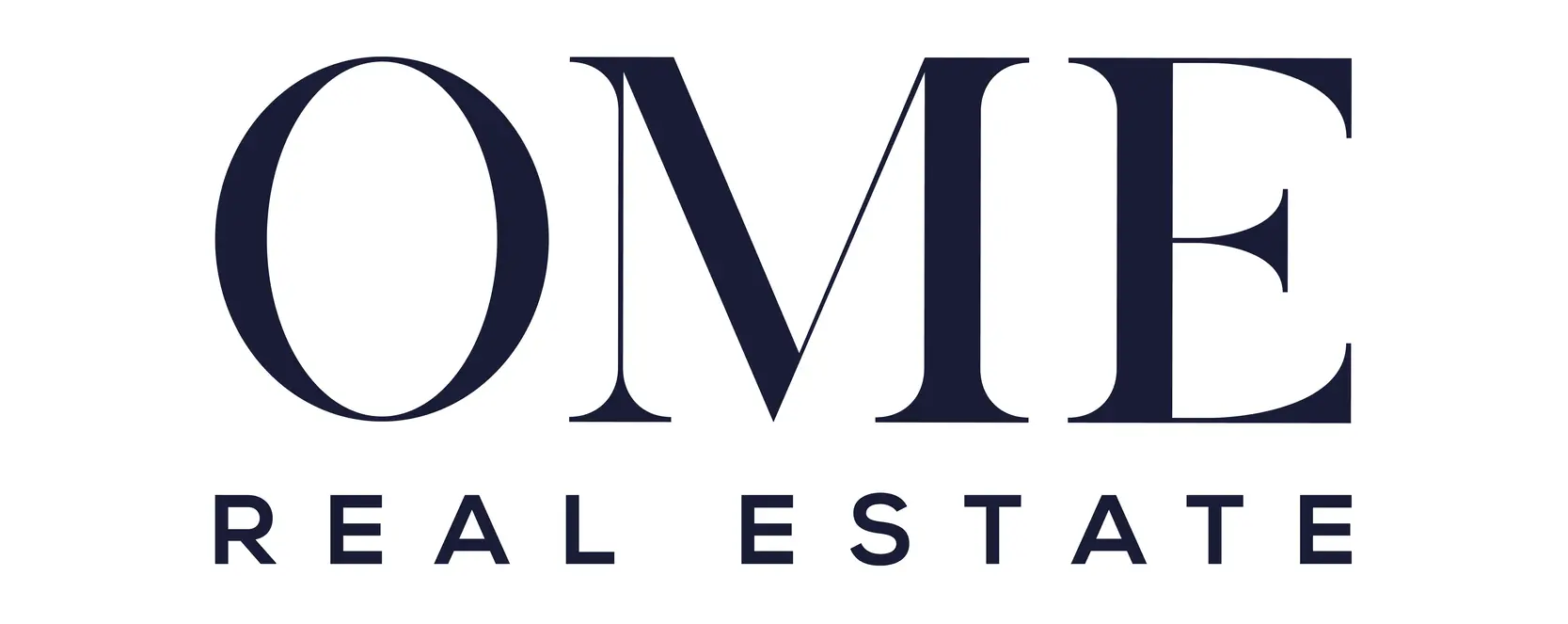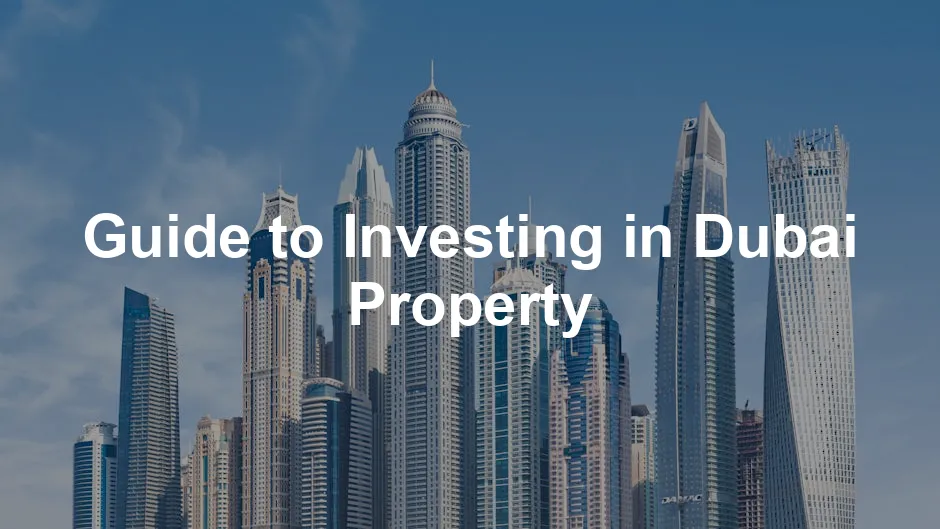Introduction
Dubai shines as a premier global real estate investment destination. Its attractive tax benefits, impressive rental yields, and a wide range of property options captivate investors. This article aims to equip you with a comprehensive guide, ensuring you make informed decisions when investing in Dubai’s vibrant property market.
Summary and Overview
The Dubai real estate market has seen remarkable growth, appealing to both local and international investors. With a mix of residential, commercial, and off-plan properties, options abound for every budget and preference. Understanding local laws and market trends is crucial for successful investments.
Staying updated on market trends is essential for making informed investment decisions. Dubai real estate market trends 2024 can provide you with valuable insights.
Investing in Dubai offers several benefits, including high returns on investment and the potential for residency through property ownership. The market’s attractiveness is further enhanced by a robust economy, a growing population, and limited property taxes. Overall, Dubai presents a unique opportunity for investors seeking profitable ventures.
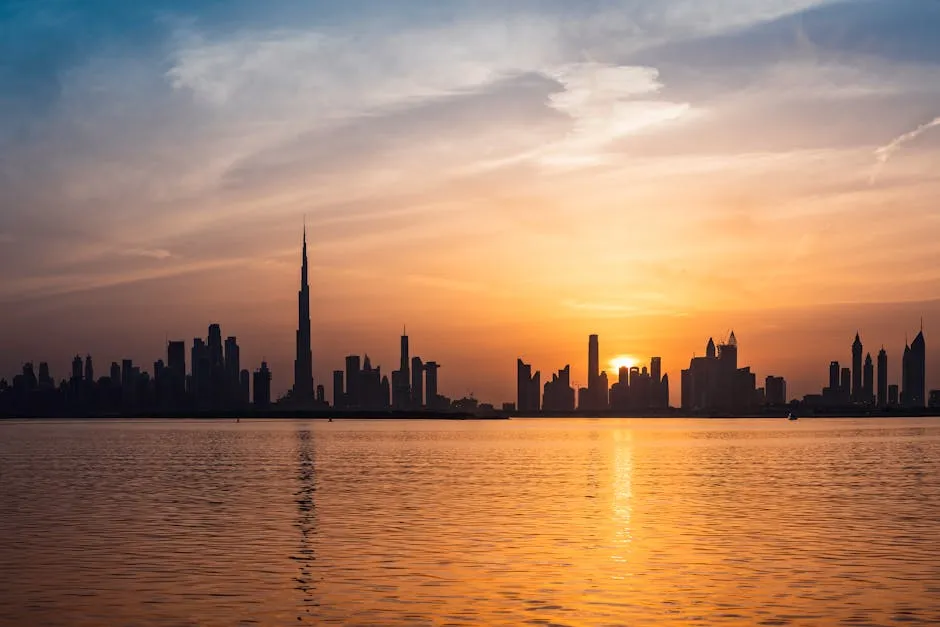
Current Real Estate Landscape
Market Trends
The Dubai property market is bustling with activity. In the first half of 2024, over 43,500 real estate transactions took place, marking a 45% increase from the previous year. The total transaction value soared to nearly $34 billion, reflecting a robust market. This growth signifies a strong demand for properties, with average prices rising by 15-20% annually.
As property prices climb, rental yields also remain appealing. Investors can expect rental yields between 5% and 8%, with some prime areas even yielding up to 10%. The increasing property values indicate a thriving market, making it an attractive destination for both local and foreign investors.
Staying updated on market trends is essential. Subscribe for regular updates to ensure you never miss critical changes in Dubai’s real estate landscape.
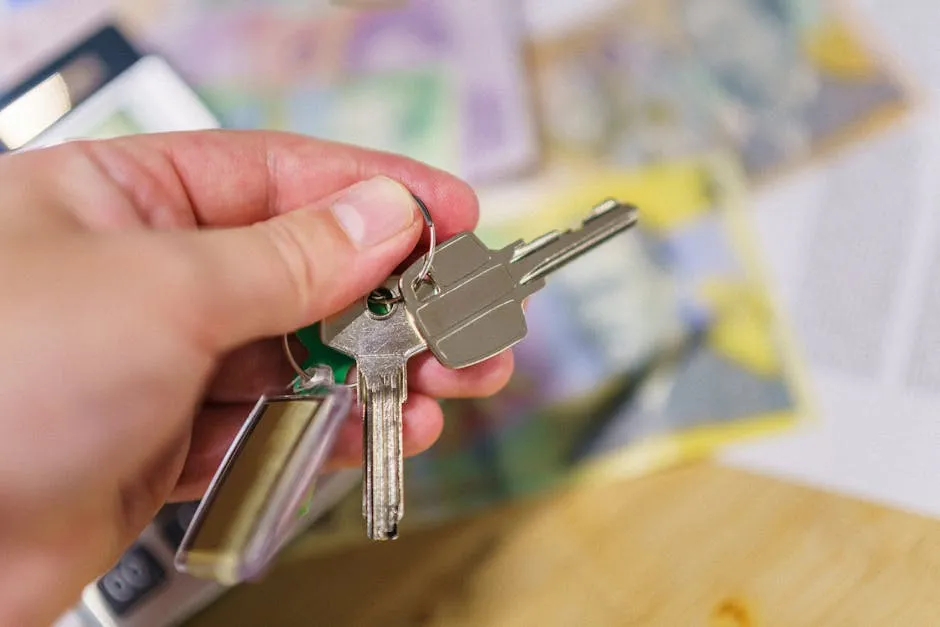
Key Factors to Consider When Investing
Location
Choosing the right location is vital for maximizing your investment returns. Certain neighborhoods in Dubai stand out for their potential.
Downtown Dubai is home to iconic landmarks and offers a vibrant lifestyle. Palm Jumeirah is famous for luxurious villas and high rental yields. Dubai Marina combines waterfront living with modern amenities, making it a favorite among investors.
Other emerging areas include Dubai Hills Estate and Arabian Ranches, which offer spacious homes and family-friendly environments.
Understanding the best neighborhoods in Dubai can significantly impact your investment’s success. Use our property comparison tool to evaluate prices across different locations. Your choice of area can make all the difference in achieving your investment goals.
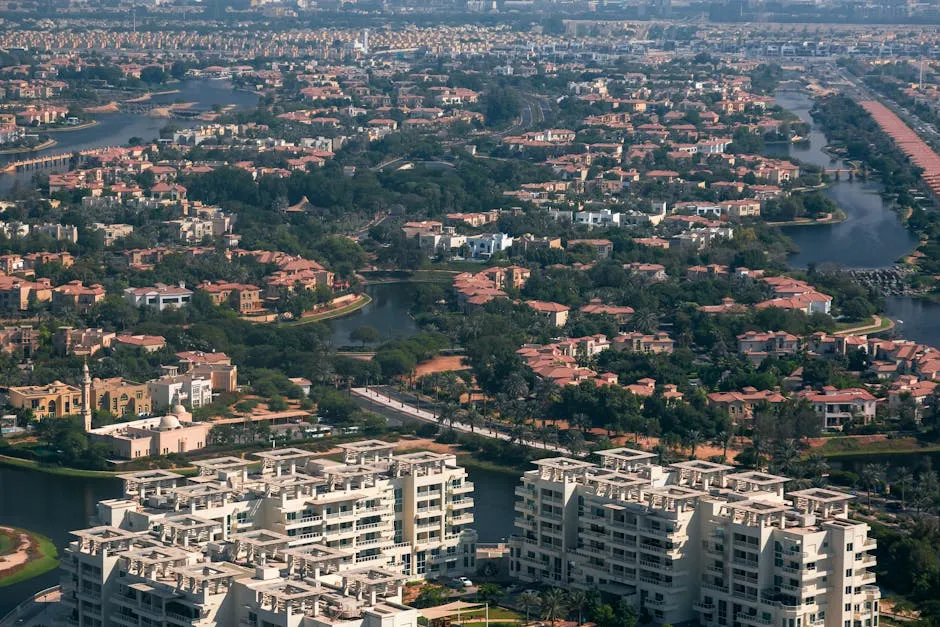
Short-term vs Long-term Rentals
When investing in Dubai property, rental strategy matters. Short-term rentals often appeal to tourists. They can yield higher returns, especially in prime areas like Downtown Dubai and Palm Jumeirah. Many investors enjoy the flexibility and higher nightly rates. However, management can be demanding. Frequent turnovers mean more cleaning and customer service.
Long-term rentals, on the other hand, provide stability. They require less hands-on management and ensure consistent income month after month. Neighborhoods like Dubai Hills Estate and Arabian Ranches are popular for families seeking longer leases. While the yield potential may be lower than short-term options, the peace of mind can be invaluable.
Ultimately, consider your goals. Are you looking for higher returns or stable income? Calculating potential rental yield based on property type can help you make the right choice.
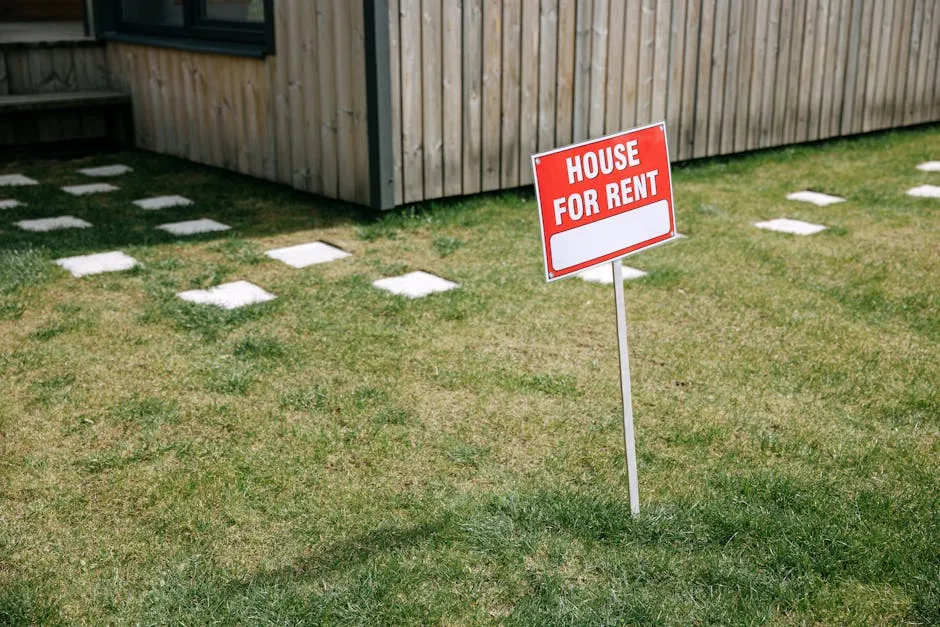
Financing Options
Investors in Dubai can choose between cash purchases and financing options. Paying in cash offers a straightforward process. You avoid interest rates and can close deals faster. However, not everyone has liquid assets readily available.
When financing, mortgage options in Dubai are plentiful. Many banks provide competitive interest rates, making property investment accessible. Cash-on-cash return is key; it evaluates how much cash you’ll earn on your investment relative to your initial cash outlay. Keeping an eye on mortgage providers can help you find the best terms.
Considering a mortgage calculator? It’s a great way to estimate your monthly payments and overall costs. This tool can clarify your financial planning and help you decide on the right approach.
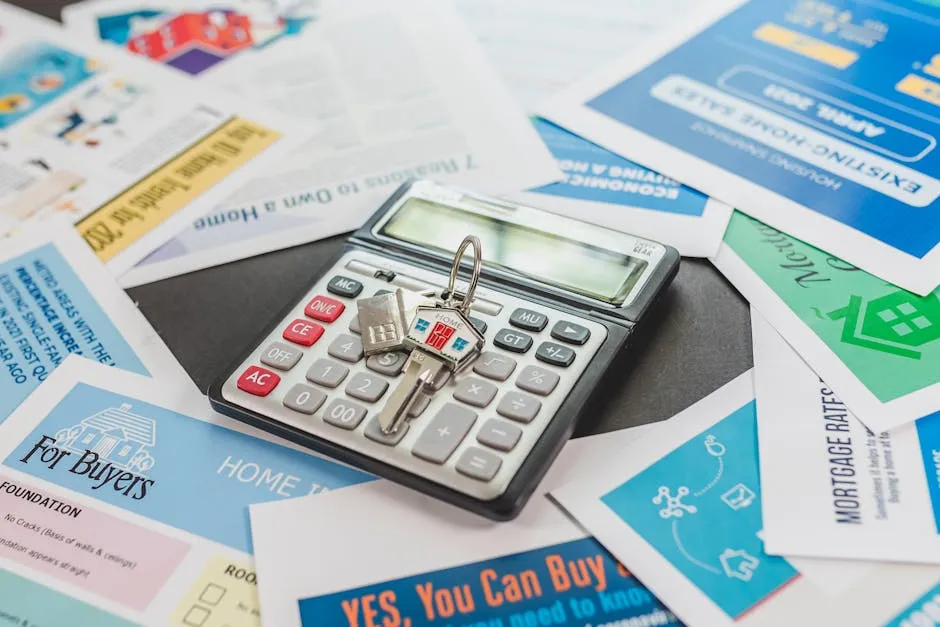
Fees and Charges
Investing in Dubai property comes with various fees and charges. One key cost is the service charge, which covers maintenance of common areas and amenities. This fee can vary widely based on property type and location.
Transfer fees also apply. Buyers typically pay a 4% fee to the Dubai Land Department during property transfer. Maintenance costs are another consideration. Regular upkeep can add up, especially for larger properties.
It’s essential to budget for these hidden costs. Many new investors overlook these expenses, which can impact overall profitability. Being well-informed and planning for all potential costs will pave the way for a smoother investment experience.
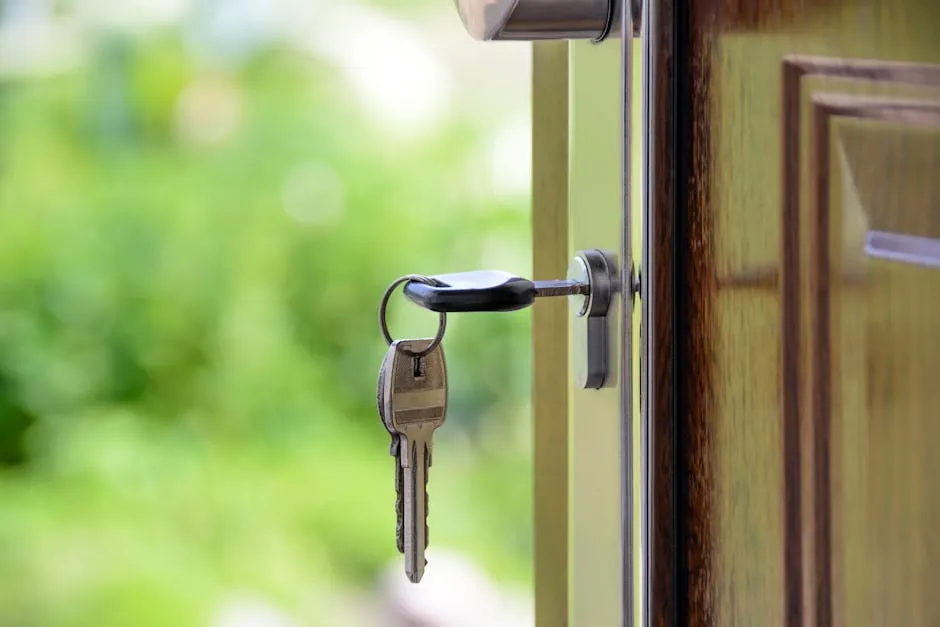
Types of Properties
Off-plan vs Ready-to-move
When investing in Dubai, understanding property types is essential. You’ll often encounter two main categories: off-plan and ready-to-move properties.
Off-plan properties are currently under construction. They typically offer lower prices compared to completed ones. Developers may provide attractive payment plans, allowing you to pay in installments. However, investing in off-plan carries some risks. Market fluctuations can affect property values, and there’s always the uncertainty of construction delays. Developer reliability is crucial here. Researching the developer’s past projects can help mitigate risks.
On the other hand, ready-to-move properties are fully constructed and available for immediate occupancy. They reflect current market prices, allowing for a more predictable investment. While the upfront costs can be higher, these properties generate immediate rental income. This option is ideal for those who prefer stability and less uncertainty in their investment.
For more details on how to evaluate developers, check out our resources.
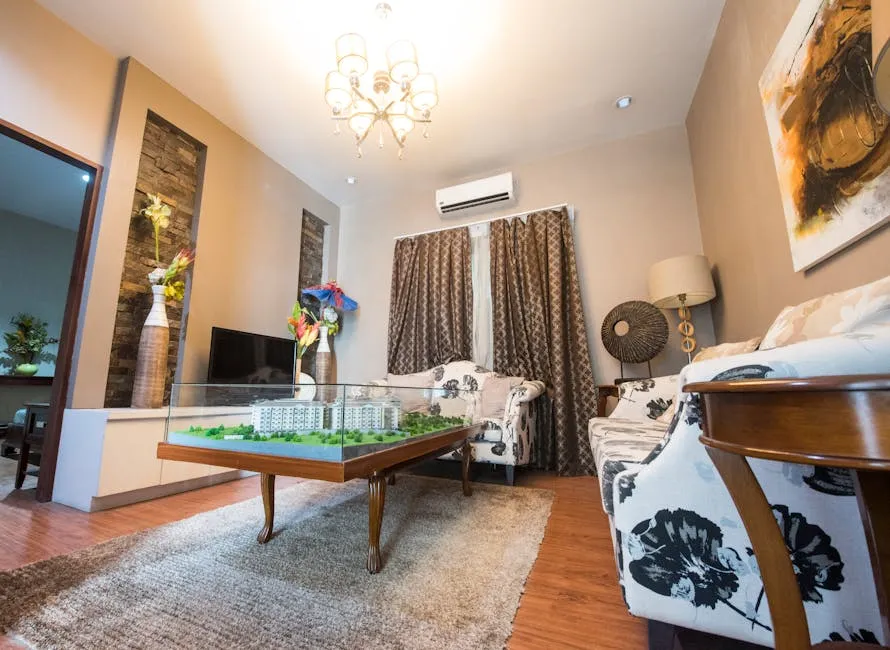
Understanding Ownership Types
Freehold vs Leasehold
In Dubai, understanding ownership types is vital for potential investors. The two primary categories are freehold and leasehold properties.
Freehold properties grant complete ownership rights. You can buy, sell, or lease without restrictions. This type is particularly attractive to foreign investors, as it allows for full control over the property. Popular freehold areas include Dubai Marina and Palm Jumeirah.
Leasehold properties, however, come with certain limitations. Typically, ownership lasts for a fixed term, often up to 99 years. After this period, ownership reverts back to the landowner. Areas like Al Barsha and Mirdif offer leasehold options. Investors should be aware of these restrictions, as they can influence long-term investment strategies.
For clarity on these ownership types, consider consulting with a legal expert.

Common Pitfalls to Avoid
When investing in Dubai real estate, awareness of common pitfalls is crucial. Many new investors make emotional buying decisions, leading to regret later. Always prioritize your investment goals over personal preferences.
Neglecting due diligence is another frequent mistake. Failing to research property history, market conditions, and developer reputation can lead to significant losses. Always verify that the property is free from legal issues or outstanding debts.
Overlooking fees is a common oversight as well. Hidden costs like maintenance fees, service charges, and transfer fees can add up quickly. Planning for these expenses will help you avoid financial surprises.
To navigate these challenges successfully, consider seeking expert advice.

Post-Investment Considerations
Congratulations on acquiring your property in Dubai! Now, what’s next? Effective property management is vital to ensure your investment thrives. Begin by considering property management services in Dubai. Professional management can handle tenant relations, maintenance, and marketing for you.
Establishing good tenant relations is key. Open communication fosters trust and encourages long-term leases. Respond promptly to tenant inquiries and address any concerns. A satisfied tenant is more likely to renew their lease, ensuring a steady rental income.
Maintenance should also be a priority. Regular inspections help identify issues before they escalate. Proactive maintenance protects your property’s value and keeps tenants happy. Hire trusted service providers for necessary repairs or upgrades.
If you prefer a hands-off approach, consider partnering with a reputable property management company. They can streamline processes, handle tenant interactions, and ensure your property stays in excellent condition.
For personalized support, explore our property management services. Let us help you maximize your investment potential!

Conclusion
Investing in Dubai property offers numerous advantages. You benefit from high rental yields, tax perks, and a growing market. However, thorough research and expert guidance are crucial for success.
As you embark on your investment journey, remember to consider location, market trends, and legal requirements. Taking the first step today can lead to a rewarding financial future in Dubai’s real estate landscape. Don’t wait—start your investment adventure now!

FAQs
Can foreigners buy property in Dubai?
Yes, foreigners can purchase property in designated freehold areas. These include popular neighborhoods like Dubai Marina and Palm Jumeirah. The process is straightforward, and there are no age restrictions.
What are the taxes on property purchases in Dubai?
Dubai has a favorable tax environment. Buyers pay a 4% transfer fee to the Dubai Land Department during the property transfer. Additionally, a monthly housing fee of 5% of the average rental value may apply.
What is the average rental yield in Dubai?
Expected rental yields in Dubai range from 5% to 8%. Prime areas can yield even higher returns, depending on demand and property type. Factors such as location and property condition influence these yields.
How do I find a good real estate agent in Dubai?
Seek agents with strong reputations and local market knowledge. Verify their credentials through the Real Estate Regulatory Authority (RERA). Personal referrals and online reviews can also guide your choice.
Is now a good time to invest in Dubai property?
Current market conditions suggest that now is an excellent time to invest. Property prices are rising, and rental yields remain attractive, making it a promising environment for investors looking for growth.
Please let us know what you think about our content by leaving a comment down below!
Thank you for reading till here 🙂
All images from Pexels
